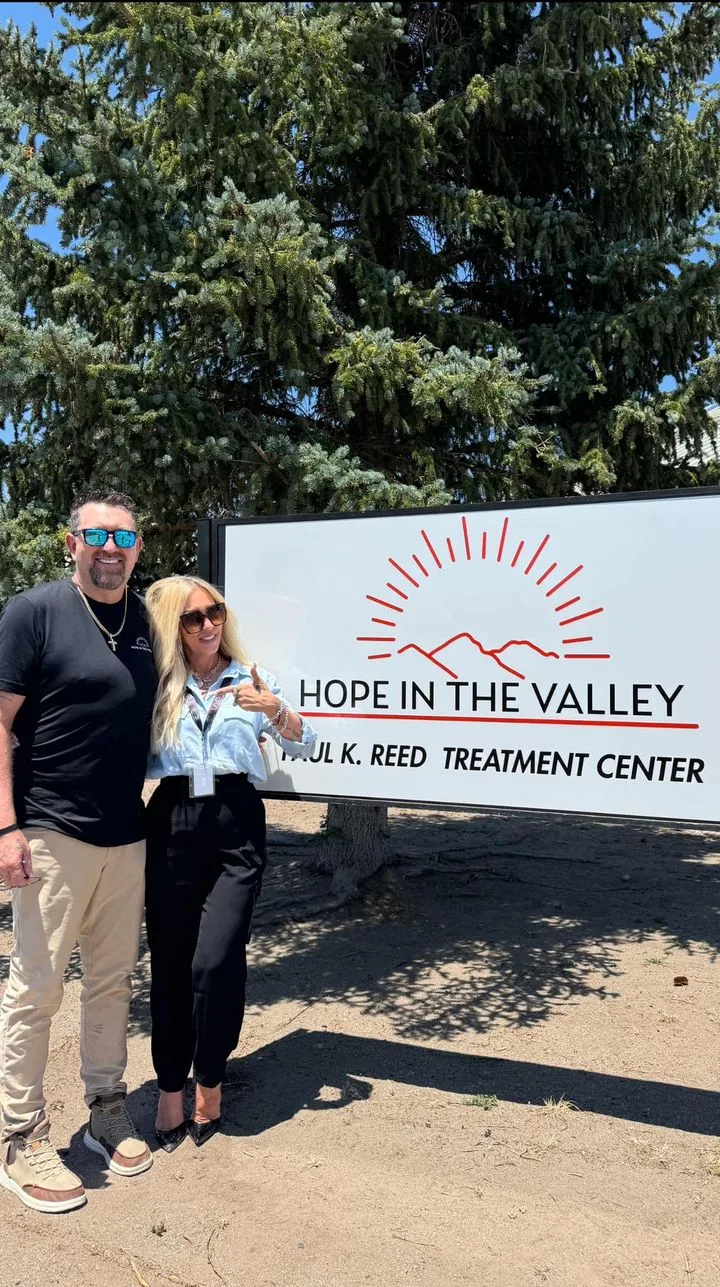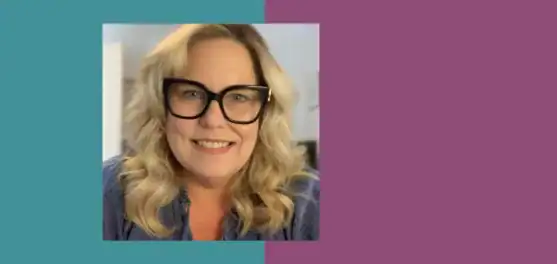“My promise is to keep growing, stay vulnerable, and keep building systems that promote healing in the roofing trade and beyond. I’m grateful for every lesson. And I’m not done.”
When Paul Reed joined North-West Roofing in 2010 as a partner, he was stepping into a legacy that began in 1963. But what few could see from the outside was that Paul’s true legacy was just beginning—not in asphalt and tar, but in healing and hope.
Paul has been sober since August 14, 2007. “It’s been over 18 years of stability, growth, and showing up for others,” he says. His journey is one of deep transformation, from the depths of polysubstance use to co-founding recovery nonprofits, selling a business, and opening a treatment center in a region long ignored by the system.
Roofing Roots and the Fight for Recovery

Paul got his start in roofing at age 18. “The industry shaped my work ethic and values,” he explains. Roofing taught him grit—but it also showed him how substance use can infiltrate even the hardest-working crews. That insight drove him to co-found Roofers in Recovery alongside Kim Reed—his wife, partner, and fellow person in recovery—and Eric Oberenbt.
Together, they built something extraordinary: a nonprofit that provides scholarships for roofers seeking recovery, with a model based on generosity and community. “When we launched Roofers in Recovery in 2017, it was to pay forward the generosity I received,” Paul says. “Now we get to witness hundreds of roofers reclaiming their lives.”
Finding Hope and Building Forward
In 2024, North-West Roofing was acquired by a larger commercial roofing company, growing its workforce from 60 to over 400 employees. But Paul’s personal mission only deepened.
After learning that his home region lacked access to treatment services, he felt called to create something that could meet that need. What followed was the development of a supportive, recovery-focused space grounded in dignity, community, and compassion. “It’s not just about rehab,” he says. “It’s about creating a place where people can start to rebuild.”
Paul also understands how important transitional housing can be. After treatment, he spent six months in a sober living environment that gave him structure, accountability, and emotional safety. Now, he’s working to replicate that model elsewhere, helping others find stability and support as they navigate life after treatment.
A Lifelong Journey, Not a Destination
Paul is open about his recovery because he knows the stakes. “By being open about my struggles and successes, I aim to dismantle stigma in blue-collar communities,” he says. “Wellness, purpose, and business achievement can absolutely coexist in recovery.”

He and Kim built a life on second chances. Their marriage, advocacy, and business endeavors all serve the same goal: to show that no one is too far gone, and no one has to do it alone.
“Recovery is a lifelong journey—not a destination,” Paul reflects. “My promise is to keep growing, stay vulnerable, and keep building systems that promote healing in the roofing trade and beyond. I’m grateful for every lesson. And I’m not done.”
From a rooftop to a recovery center, Paul Reed is proof that rebuilding a life is possible—and that some of the strongest foundations are built after the fall.
Share Your Story
This epidemic has given us one common experience: we have all become experts in our own way. At SAFE Project, we believe that we strengthen one another by sharing our stories. Whether you are in recovery, lost a loved one, or are making a difference in your community, you can help others on this journey. We’d like to hear from you.


